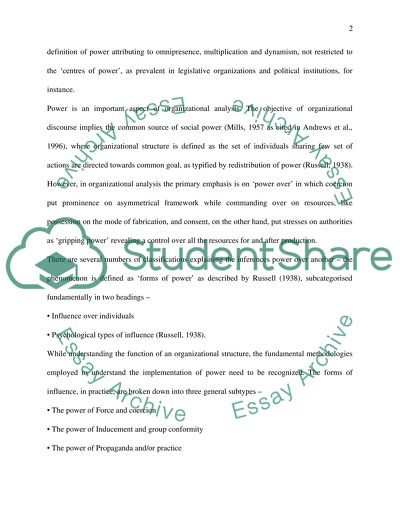Cite this document
(An Understanding Of Power Term Paper Example | Topics and Well Written Essays - 1500 words, n.d.)
An Understanding Of Power Term Paper Example | Topics and Well Written Essays - 1500 words. Retrieved from https://studentshare.org/human-resources/1507171-socilogy-of-organisation
An Understanding Of Power Term Paper Example | Topics and Well Written Essays - 1500 words. Retrieved from https://studentshare.org/human-resources/1507171-socilogy-of-organisation
(An Understanding Of Power Term Paper Example | Topics and Well Written Essays - 1500 Words)
An Understanding Of Power Term Paper Example | Topics and Well Written Essays - 1500 Words. https://studentshare.org/human-resources/1507171-socilogy-of-organisation.
An Understanding Of Power Term Paper Example | Topics and Well Written Essays - 1500 Words. https://studentshare.org/human-resources/1507171-socilogy-of-organisation.
“An Understanding Of Power Term Paper Example | Topics and Well Written Essays - 1500 Words”, n.d. https://studentshare.org/human-resources/1507171-socilogy-of-organisation.


